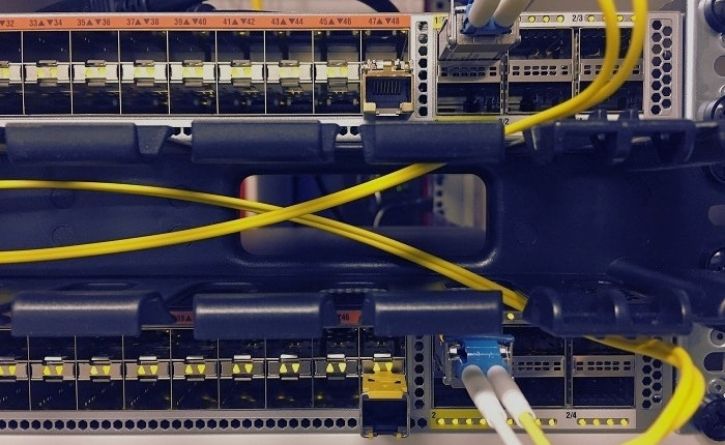
How Managed Router Help for Small Business?
Table of Contents
ToggleManaged Router Service
A working managed router service allows a service provider operating an organization to outsource router management. The provider is usually responsible for supply, configuration, change management and hardware monitoring.
What is an operated router and an operated switch?
Routers and switches are similar but work for different purposes. Switches create a network by connecting computers, printers and other devices to communicate effectively with each other. Routers connect networks and devices to the Internet. The control switch is an adjustable device that offers greater safety, flexibility and efficiency than an unrestricted switch.
What is the purpose of a router that works for the company?
The advantages of a managed router may include:
Improved performance. By outsourcing router management to professionals, companies face fewer problems and achieve faster solutions.
Estimated costs. Operating router service is usually provided at a predetermined price.
Advance prices are low. If the router is working, there are no initial costs for installation and configuration.
More IT resources. The operating network provider allows internal IT professionals to focus on other priorities.
Advantages And Disadvantages Of A Managed Router
Improved router security: Malicious router software is rare, but the corporate router is completely harmless. Cisco researchers warned in 2018 that hackers operating in developed countries could infect more than 500,000 small home and office routers around the world with malware. Fortunately, the operational router service provides support and monitoring throughout the day through the Network Center. Therefore, your routers are well protected from weapons and destruction.
Take charge of your IT staff: Your IT staff will focus on nonprofit organizations when setting up, managing and supervising your networks. Therefore, they may be busy imagining extraordinary activities and problem-solving networks rather than participating in innovative projects. However, managed router services ensure that network professionals support the network hardware and software support process.
You can reduce capital costs and also eliminate the cost of upgrading your router. Also, you can get the estimated monthly cost of the entire final solution.
Ongoing support. A router management service provider can help you complete the entire lifecycle of your network, from expanding your business to upgrading. In addition, the excellent operational router service gives your business the peace of mind of protecting itself from router failures.
Improved Performance: You can manage the router service provider responsible for running your network, ensuring high-quality performance at all times. Additionally, your ISP regularly updates your router to ensure your network is functioning properly.
Read Also: Multilingual Desktop Publishing Is A Matter Of Necessity For The Organisations?
Disadvantages of Managed Router
Reduced knowledge storage: Any external operation reduces your company’s ability to create its own processes and store knowledge. Therefore, you should always rely on your ISP to support the router.
If your managed router service provider goes down, losing a new service provider can hurt your business.
Unlike your internal IT, your managed router service provider only has a specific list of support requirements. Therefore, if you have a problem other than the services you signed up for, you will need to resolve them yourself.
Difference From Managed Vs Unmanaged Router
Essentially, the most important difference between comparing managed and unmanaged router settings is who is responsible for the network infrastructure. By using managed router services, you transfer all aspects of your network to third-party providers. They are responsible for obtaining and maintaining the equipment and software necessary to ensure a secure connection to the network and for optimal network operation.
On the other hand, you have the necessary equipment to connect and network when you are not using a router. Additionally, you or your internal IT team are responsible for setting up the software required to connect.
.




